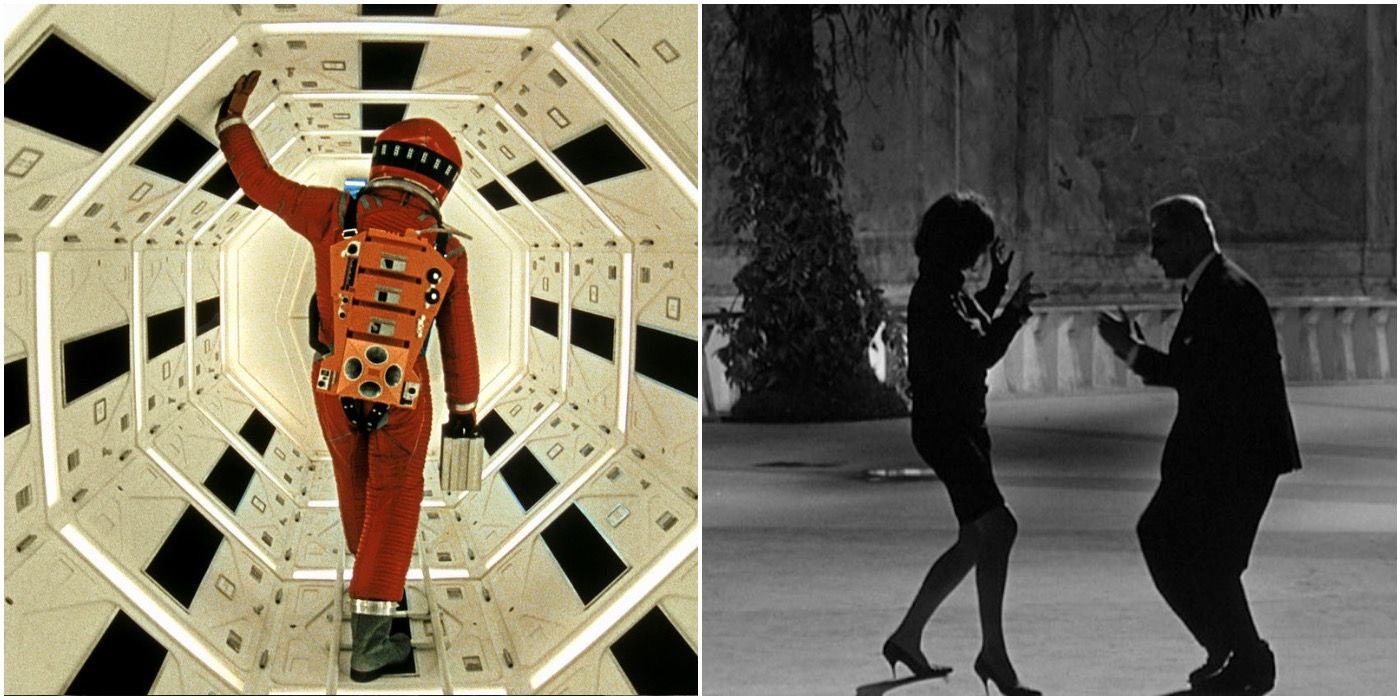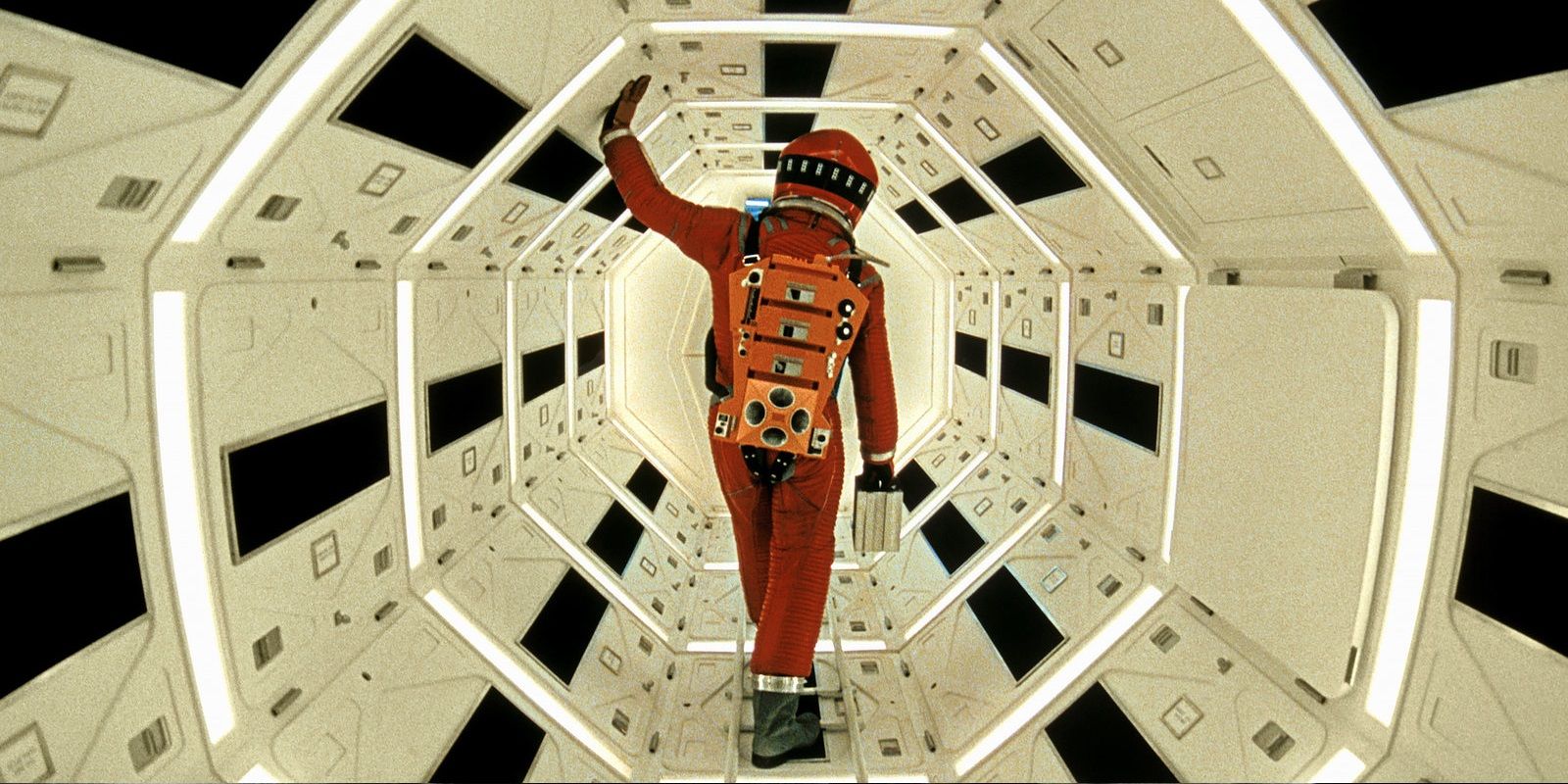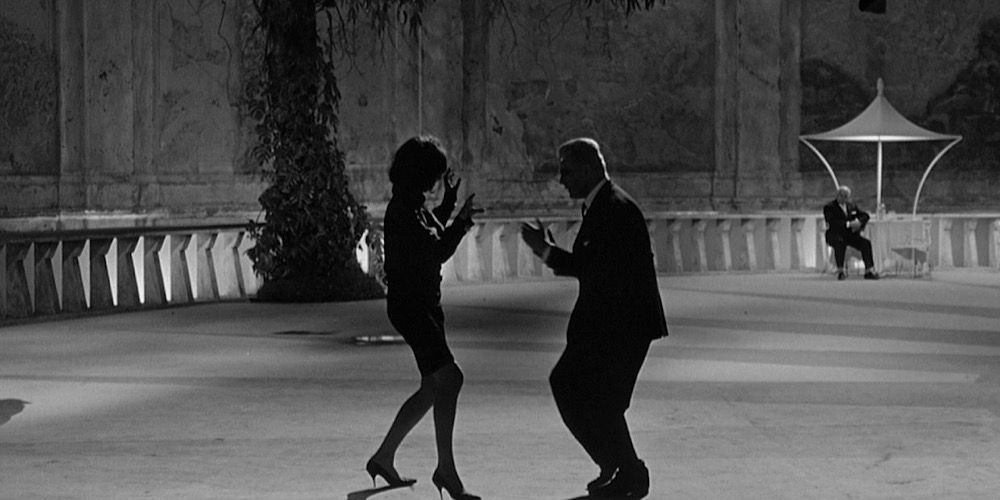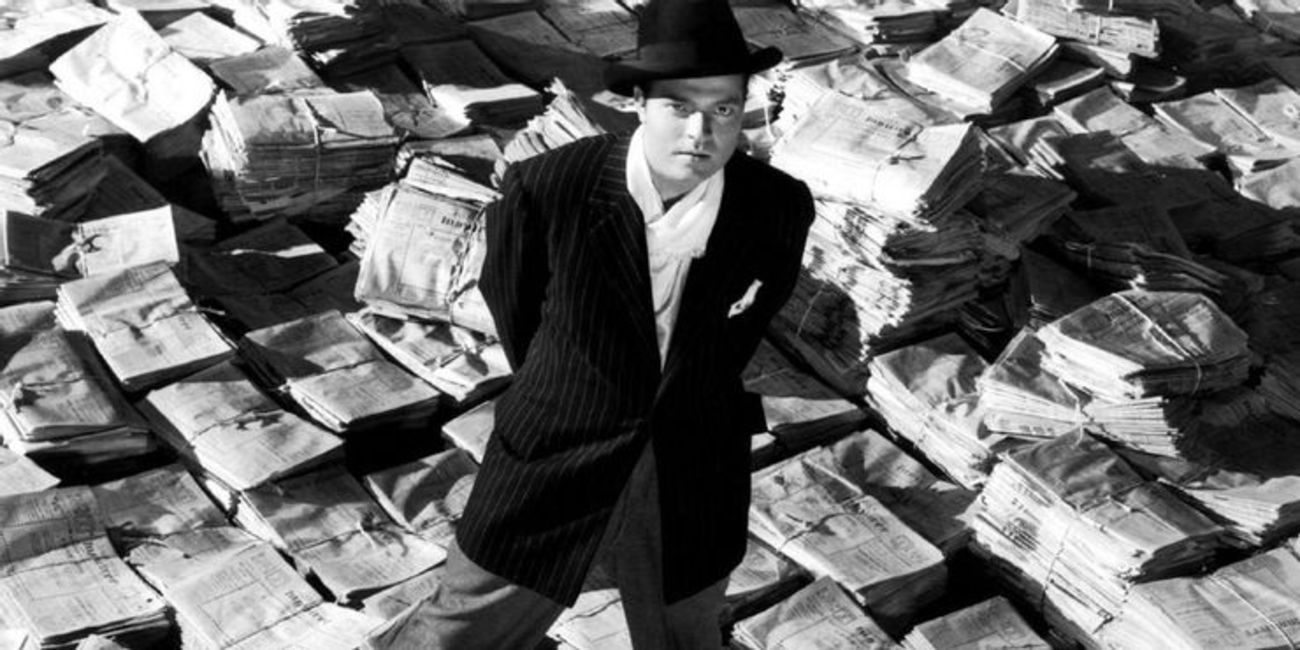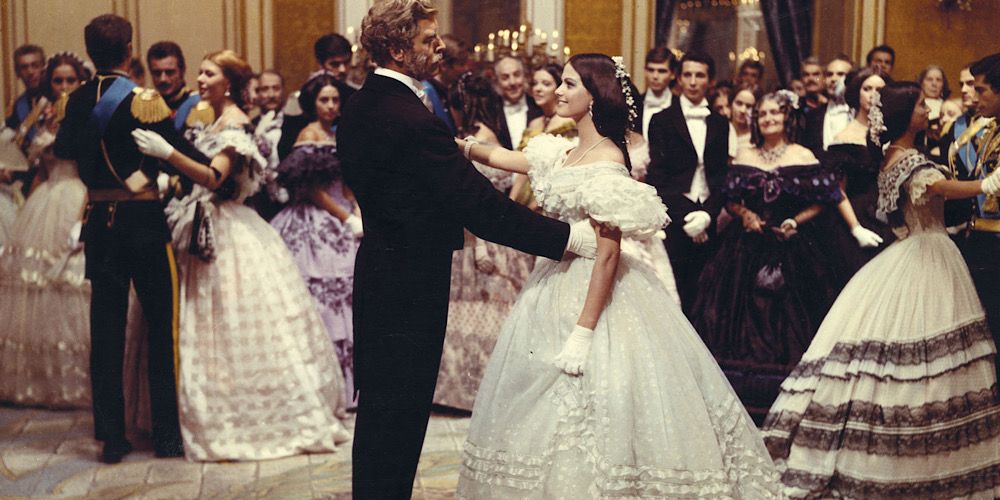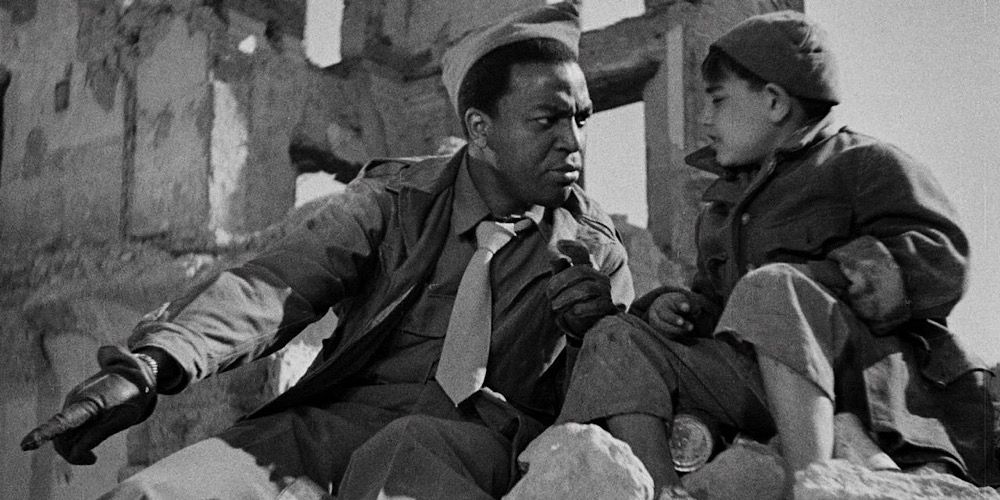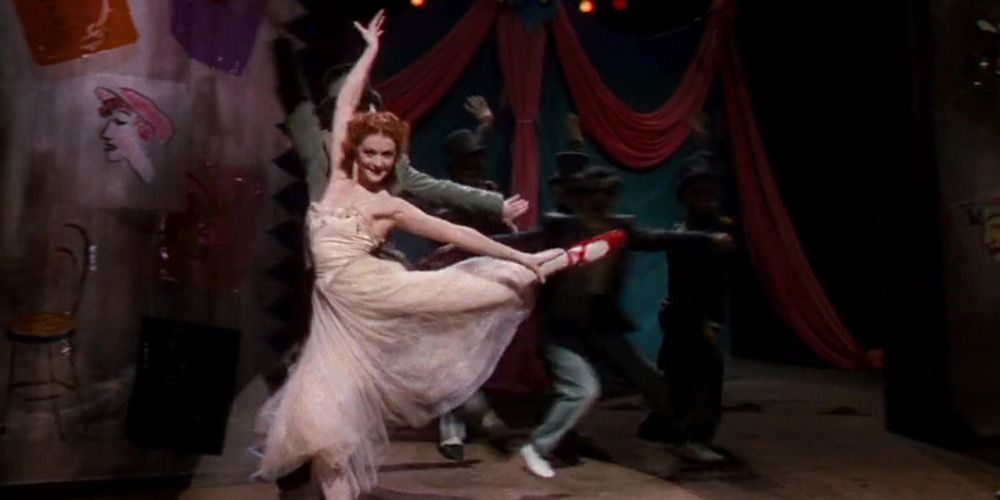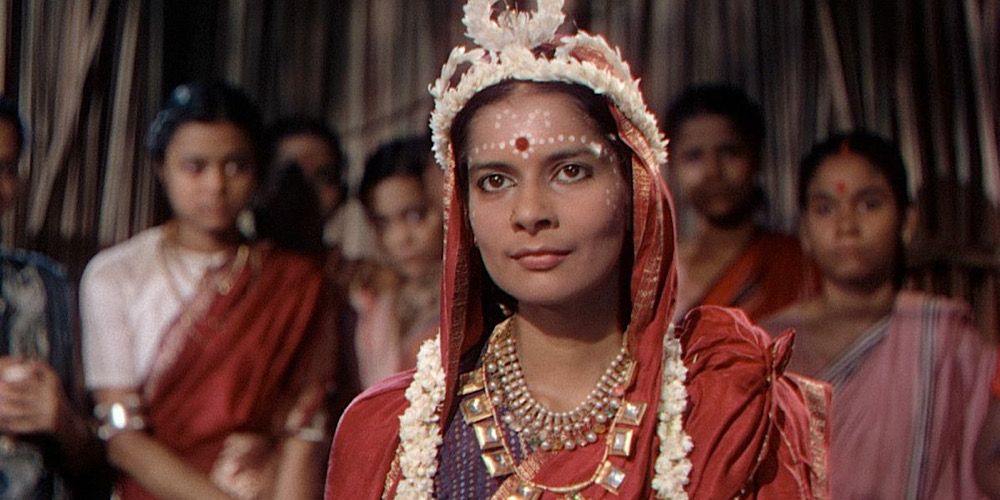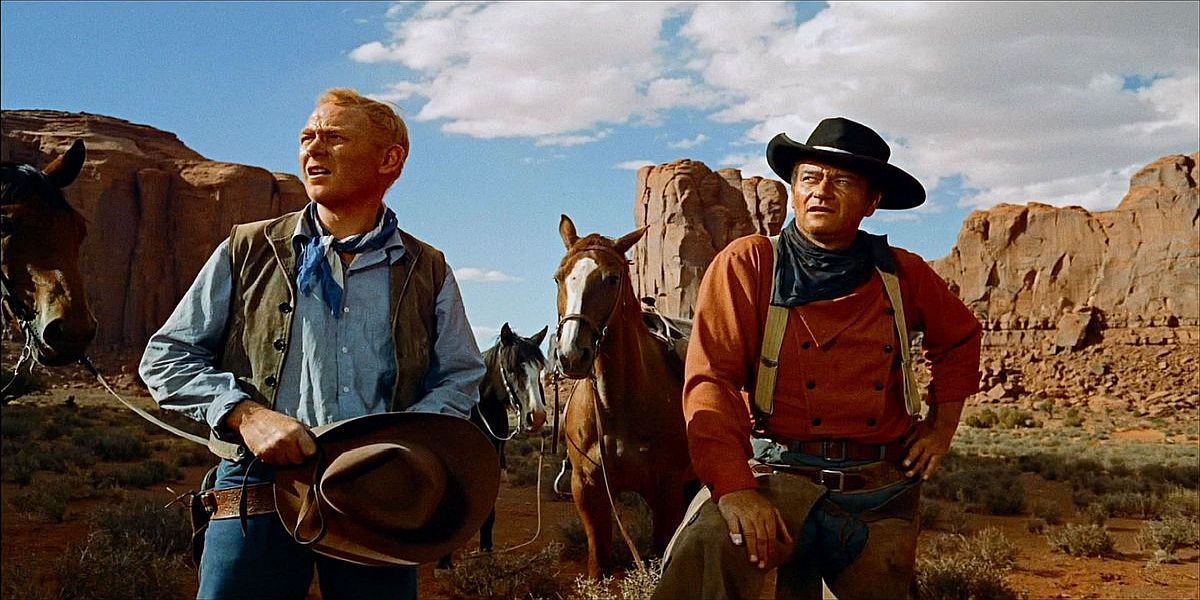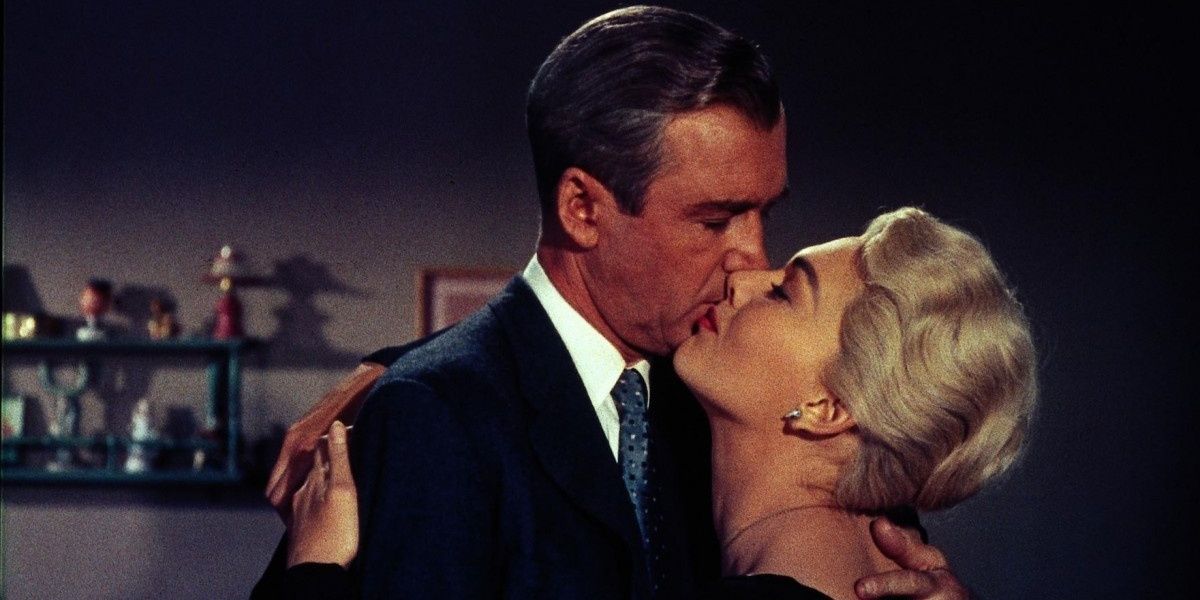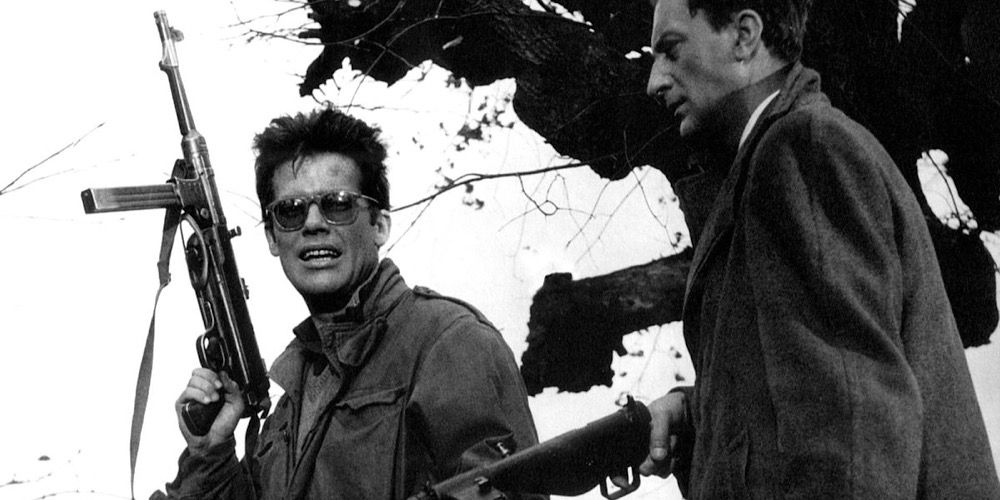With a career spanning more than five decades of iconic movies, many of which are highly regarded as some of the greatest movies ever made, Martin Scorsese’s epics probably wouldn’t exist if it wasn’t for these revelatory movies.
One of the best things about Scorsese is that he is an encyclopedia of movies and he seemingly has the memory of an elephant when it comes to films that date back almost 80 years. Scorsese’s movies are built off of his influences - from sci-fi flicks, 1940s war epics, and many others. In a 2012 poll conducted by the British Film Institute, Scorsese was asked to talk about his favorite movies, to which he responded with these classics.
2001: A Space Odyssey (1968)
As one of the most influential movies of all time, 2001: A Space Odyssey is one of Stanley Kubrick’s best movies, and Scorsese agrees. Scorsese has never shied away from talking about his admiration of Kubrick, as one of his favorite movies of the 1990s is the overlooked thriller (and Kubrick’s last movie), Eyes Wide Shut.
2001: A Space Odyssey is the director’s favorite Kubrick film of them all and he went on to say that Kubrick had guts for taking it all the way back to prehistoric times.
8½ (1963)
8½ is one of the best movies about making movies and follows a famous Italian movie director who struggles with studio notes when trying to create a sci-fi epic.
The film is autobiographical, as it’s directed by celebrated Italian filmmaker, Federico Fellini. Scorsese has said that he watches the movie almost every year and commends its therapeutic nature. It’s likely that he relates to it a lot.
Citizen Kane (1941)
It’s safe to say that Citizen Kane has influenced a ton of filmmakers, but to hear Scorsese speak of the movie with such admiration in an almost romantic way is endearing. In the BFI poll mentioned above, Scorsese has credited the 1941 classic as being the first movie that made him start paying attention to camera movements and the effects it has on the viewer.
Though Orson Welles has a load of classics under his belt, including The Third Man and Touch of Evil, Citizen Kane remains the best Welles movie and one of the most influential pictures ever made.
The Leopard (1963)
The Leopard is an epic period drama that follows a war that breaks out between two separate camps in Sicily. The movie has an international cast and stars Burt Lancaster in the lead role.
It’s vibrant, colorful, and features amazing panoramic vistas of Sicily. Scorsese holds the movie close to his heart and it’s one that he has said has grown more important to him as time passes by.
Paisan (1946)
Paisan is an Italian war movie that takes place during World War II and is heavily based on the communication problems that Italy experienced due to language barriers.
Scorsese often speaks about the movie with such love and respect, as he remembers the very first time he watched it on TV with his grandparents. He remembers the reaction they had to this movie with it taking place in their homeland, and it was at that point the director realized how powerful cinema can actually be.
The Red Shoes (1948)
The Red Shoes is one of the movies that Scorsese has talked about at great length over his decades-long career and it’s another movie that he claims to watch once every year.
The movie follows a ballerina whose dedication to her art is tested, and Scorsese calls it one of the most beautiful films ever made, noting that he loves its “deep and abiding love of art” and that the movie has an extraordinary sense of magic.
The River (1951)
Being one of the first true coming of age movies, The River was released not long after the war, which was a time when, as Scorsese puts it, “filmmakers were moved to create meditations on existence.”
Though the movie is based on the 1946 novel of the same name, the movie is more dreamlike and rhythmic than narratively driven. The movie even inspired Wes Anderson to make a movie about India, which became The Darjeeling Limited.
The Searchers (1956)
John Ford is one of the greatest directors of all time, and John Wayne is one of the most iconic Western actors in history. But the actor wasn’t always considered a fine actor until the release of The Searchers, in which he plays a “poet of hatred,” according to Scorsese.
Due to the shocking role in which Wayne plays against type, The Searchers is one of the best Westerns of all time, and one of Scorsese’s favorites, too.
Vertigo (1958)
Vertigo, though highly regarded as one of Alfred Hitchcock’s best movies, is an outlier in his filmography, as it is much more emotionally driven than any of his other movies, but it still features some of the most suspenseful Hitchcock scenes. Scorsese told the Los Angeles Times that he first found the movie perplexing, but he now gets lost in the story and is awed by the visual presentation of the movie.
Ashes and Diamonds (1958)
Ashes and Diamonds is one of Scorsese’s biggest influences and is directed by Andrzej Wanda, who the American director idolizes. The movie takes place not long after World War II and follows a soldier of a Polish resistance movement who is given an order to kill a politician. Scorsese has said that random flashes of shots from the movie will appear in his head at any given time, and that Ashes and Diamonds is hauntingly brilliant.

